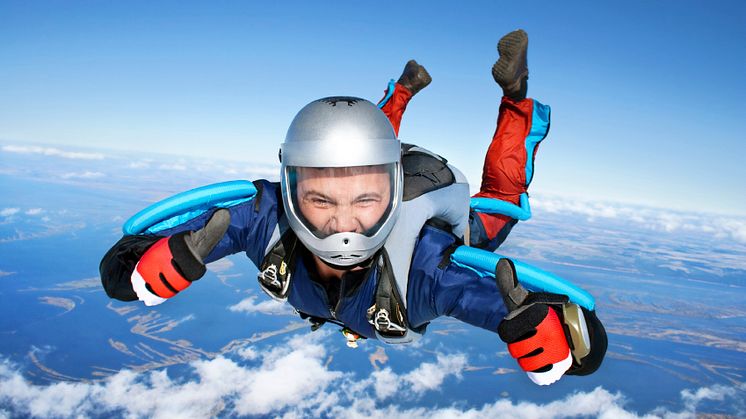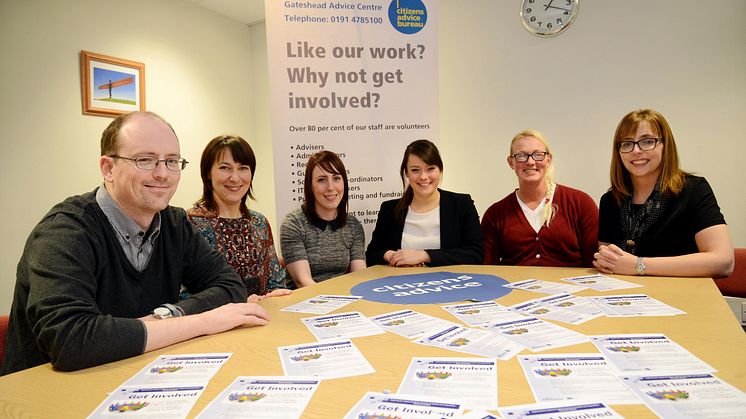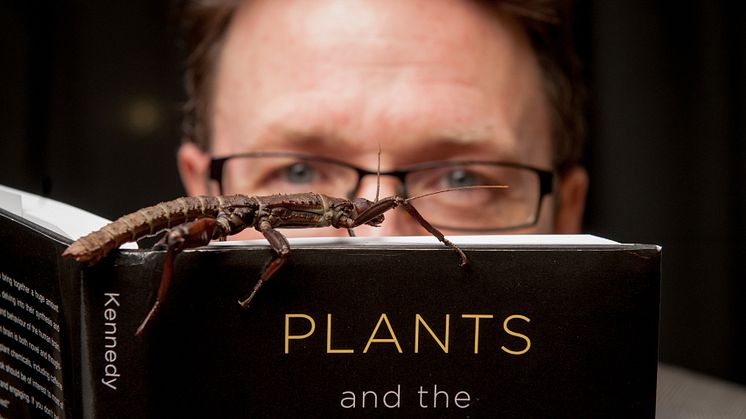
Press release -
Skydiving is never plane sailing
Skydivers show the same level of physical stress before every jump whether a first-timer or experienced jumper, say Northumbria researchers.
Previous laboratory studies have observed that when an individual is repeatedly exposed to a stressful situation, such as public speaking or performing mental arithmetic in front of an audience, their physiological responses – levels of arousal and stress hormones – decrease as they become accustomed to it. Such studies conclude that the more you are exposed to a stressor, the less you will respond to it.
Scientists at Northumbria University, led by Dr Michael Smith, set out to discover whether the same affect would occur in a real world setting.
The researchers studied 24 healthy male skydivers – 11 novices carrying out their first solo skydive, and 13 experienced skydivers who had completed at least 30 jumps – asking them to self-report their level of anxiety and also taking saliva samples to measure levels of the stress hormone cortisol before and after the jump.
They found that, although novice skydivers reported feeling more anxious prior to the jump than experienced skydivers, both sets of jumpers responded with the same levels of biological stress reactions to the jump.
Their study, published online in Physiology & Behavior, is the first to observe that skydiving increases levels of cortisol which does not reduce even with repeated exposure to jumping. The results also indicate that self-reports of anxiety in experienced skydivers did not match up with their actual biological stress reactions. Though they may not have perceived themselves as being as anxious as the novice skydivers, their bodies still showed the same stress reactions as a first time jumper.
Dr Michael Smith, Senior Lecturer in Psychology, said: “This study is significant because it reveals how people respond to stressors in the real world. Very few studies have been able to examine people’s true reactions as it would be unethical to deliberately and repeatedly expose volunteers to severe stress in a laboratory situation. Therefore, the most stressful laboratory situations have tended to be exercises in public speaking or performing difficult tasks in front of an audience.
“We used skydiving as our ‘real world’ stressor because it is an activity that does pose a genuine risk to safety and survival. Although repeated exposure to a stressor dampens the stress response in the laboratory, our findings show that this is not the case for real life stressors which pose a threat to survival.”
The findings highlight the usefulness of skydiving as a naturalistic stressor in future research.
The full article, entitled ‘State anxiety and cortisol reactivity to skydiving in novice versus experienced skydivers’ is published in the May online edition of Physiology & Behavior – the official journal of the International Behavioral Neuroscience Society. The researchers of the study are: Olivia Hare, Dr Mark Wetherell, and Dr Michael Smith, from Northumbria University’s Stress Research Group.
Date posted: May 17, 2013
Topics
Categories
Northumbria is a research-rich, business-focussed, professional university with a global reputation for academic excellence. To find out more about our courses go towww.northumbria.ac.uk
If you have a media enquiry please contact our Media and Communications team at media.communications@northumbria.ac.uk or call 0191 227 4571.








